 |
 |
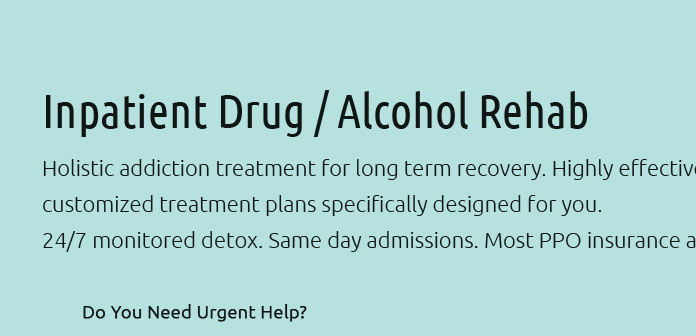 |
 |
 |
 |
||
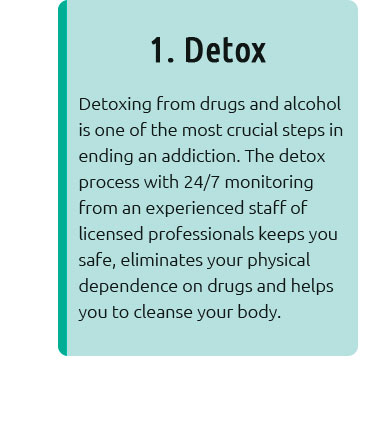 |
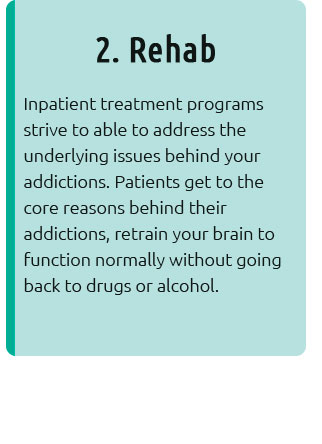 |
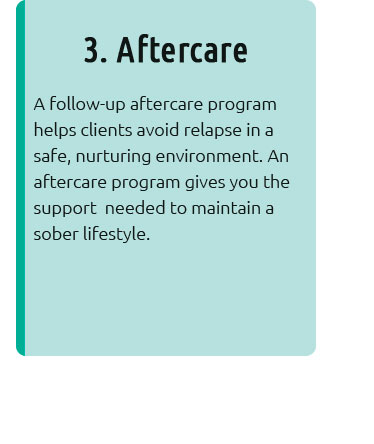 |
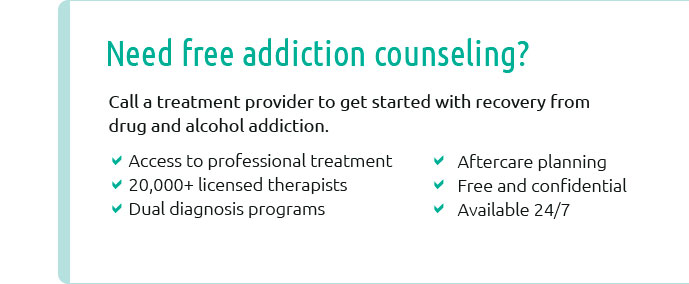 |
 |
 |
 |
||
 |
||
 |
||
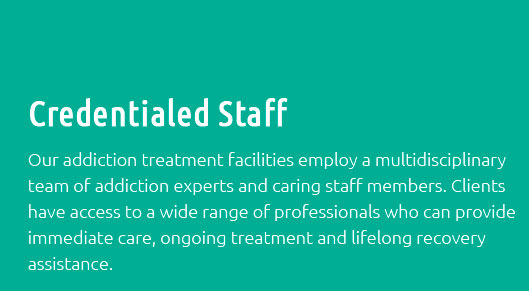 |
 |
 |
|
 |
|
Understanding Residential Treatment Centers: A Comprehensive OverviewResidential treatment centers (RTCs) play a pivotal role in the landscape of mental health care, offering a haven for individuals grappling with various psychological and behavioral challenges. These facilities provide an immersive environment where patients can receive intensive therapy and support away from the distractions and triggers of everyday life. The significance of RTCs cannot be overstated, as they are often a crucial step for individuals who need more than outpatient care but do not require hospitalization. The core philosophy of residential treatment centers revolves around providing a structured, supportive setting where individuals can focus on recovery. This environment facilitates a holistic approach to healing, addressing the mental, emotional, and sometimes physical aspects of a person's well-being. Comprehensive care plans are tailored to meet the unique needs of each resident, often incorporating a blend of individual therapy, group sessions, and experiential activities. One of the primary advantages of RTCs is the multidisciplinary team of professionals dedicated to each resident's progress. This team typically includes psychiatrists, psychologists, social workers, and other specialists who work collaboratively to develop and implement personalized treatment plans. The objective is not just to alleviate symptoms but to equip residents with coping strategies and life skills that will benefit them long after they leave the center. Residential treatment centers cater to a wide array of conditions, including but not limited to depression, anxiety, substance abuse, eating disorders, and trauma. Each facility may specialize in specific disorders, thereby honing their expertise and resources to offer the best possible care.
However, it is important to acknowledge that while RTCs offer substantial benefits, they are not a one-size-fits-all solution. The intensity and immersive nature of the treatment might not be suitable for everyone, and the cost can be prohibitive, although many centers offer financial assistance or work with insurance providers to mitigate expenses. In conclusion, residential treatment centers are a beacon of hope for many, offering transformative opportunities for healing and personal growth. By providing a comprehensive and nurturing environment, these centers empower individuals to reclaim their lives and build a foundation for a healthier future. As mental health awareness continues to grow, the role of RTCs in providing critical care and support remains invaluable. https://ahca.myflorida.com/health-care-policy-and-oversight/bureau-of-health-facility-regulation/hospital-outpatient-services-unit/residential-treatment-centers-for-children-and-adolescents
Residential Treatment Centers for Children and Adolescents (RTC) are 24 hour residential programs, including therapeutic group homes, licensed by the Agency. https://www.embarkbh.com/program/residential-treatment-centers-rtcs/
A residential treatment center (RTC), also called a residential treatment facility, residential program, or rehab center, is a place where adolescent, teen, ... https://ahca.myflorida.com/health-care-policy-and-oversight/bureau-of-health-facility-regulation/hospital-outpatient-services-unit/residential-treatment-facilities
Residential Treatment Facilities (RTF) are licensed community-based residences for individuals exhibiting symptoms of mental illness who are in need of a ...
|